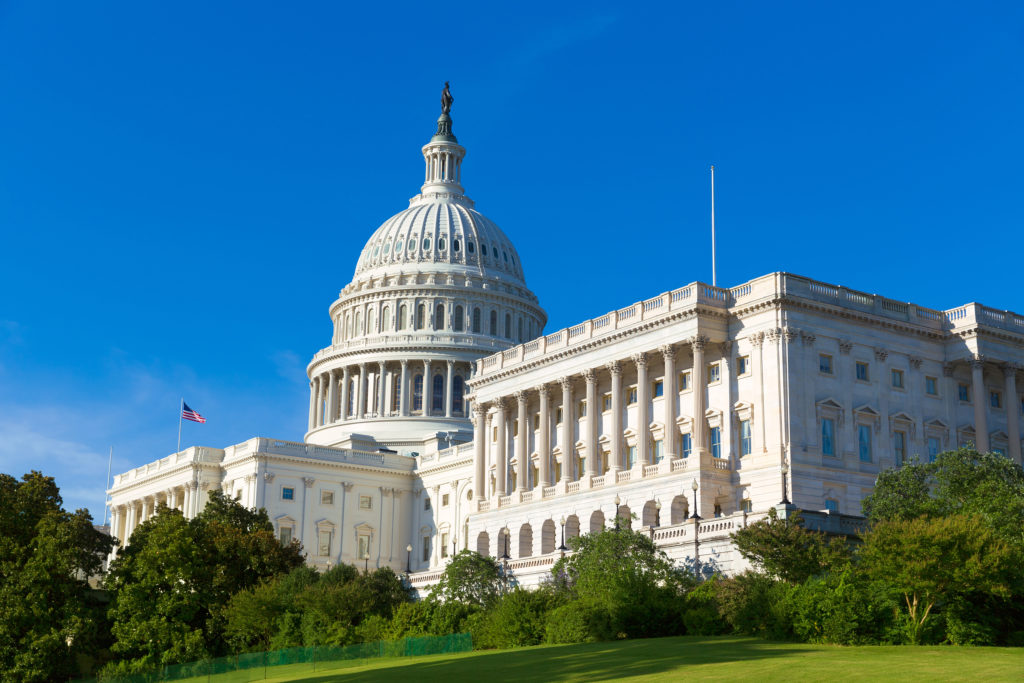The new Congress has officially gaveled into session and although most of the time is currently being devoured by bickering over border security and the government shutdown, lawmakers will eventually resume normal operations. The only question is what kind of new policies will this new group of lawmakers pursue?
To begin, it’s important to understand the dynamics of party politics and control in Washington. Because control over Congress is split—Republicans hold a majority in the Senate and the Democrats have authority in the House—it’s unlikely that any controversial topics will be passed into law. However, that won’t stop members from floating those types of ideas in order to amass public support to be used in the 2020 election.
Although it’s improbable the policies will be made law, it’s critical that the small business community, their employees and other entrepreneurial allies voice their opinion on these issues as they’re brought up in public discourse. Likely suspects will include:
Medicare for All: The U.S. health care system is already in a downward spiral as a result of partial-socialized health care—i.e. Obamacare. Small businesses and individuals continue to struggle to afford unreasonably priced health insurance. Doubling down on socialized medicine with a solution that costs roughly $3 trillion a year is not the answer. We need to embrace a health care system rooted in choice and competition, not one ruled by government mandate and bureaucracy.
$15 Minimum Wage: Raising the minimum wage to $15 an hour will significantly increase the price of labor for businesses—forcing employers to cut working hours and reduce the amount of job opportunities being offered. Not only will this harm small businesses across the country who rely on paying entry-level employees an entry-level wage, but young workers attempting to get job experience and work their way up the career ladder will be stopped in their tracks. To push wages upwards, policymakers should encourage entrepreneurs to expand their businesses, not force them to shrink through government mandate.
These types of policies pose a significant threat to businesses, employees and the economy. Although they’re are unlikely to become law in the near future, it’s important to put a stop to them before they can gain traction.



